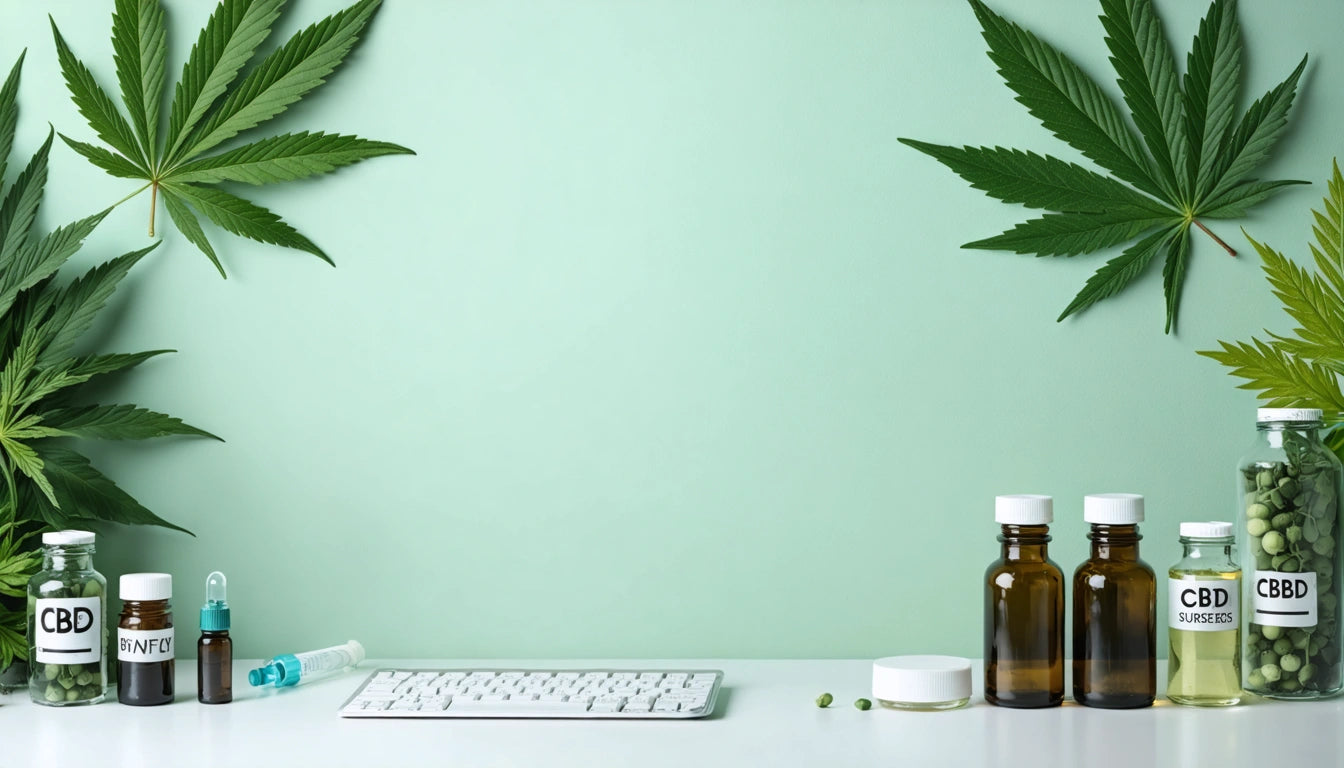Do Edible Gummies Expire? Understanding Shelf Life and Expiration Dates
Cannabis edible gummies have become increasingly popular for both recreational and medicinal users, offering a discreet and tasty alternative to smoking. However, many consumers wonder: do edible gummies expire? The short answer is yes, gummy edibles do expire, but understanding the nuances of their shelf life can help you maximize both safety and potency.
Do Edible Gummies Expire? Understanding Expiration Basics
Like all food products, cannabis-infused gummies have a limited shelf life. Most commercially produced edible gummies come with an expiration or "best by" date printed on the packaging. These dates typically range from 6 months to a year from the manufacturing date, depending on the ingredients and preservation methods used.
According to research on edible shelf life, the cannabinoids in these products begin to degrade over time, which can affect both potency and quality. While consuming gummies shortly after their expiration date may not pose immediate health risks, their effectiveness will likely be diminished.
Factors Affecting Shelf Life of Cannabis Gummies
Ingredients and Preservatives
The composition of edible gummies plays a significant role in determining how long they last. Products containing natural ingredients without preservatives typically have shorter shelf lives than those with artificial preservatives. The type of sweeteners, flavorings, and cannabinoid extracts used also impacts longevity.
Manufacturing Process
How gummies are produced affects their stability over time. Professionally manufactured products often undergo processes that extend shelf life, including proper decarboxylation of cannabinoids and the use of shelf-stable ingredients. Homemade edibles generally expire faster due to less controlled production environments.
Packaging Quality
Proper packaging significantly extends how long gummy edibles last. Many producers use high-quality protective packaging solutions with moisture and light barriers to prevent degradation of both the gummy base and the active cannabinoids. The right packaging can add months to shelf life by protecting against environmental factors.
Signs Your Edible Gummies Have Expired
Knowing when gummies have gone bad is crucial for both safety and experience. Here are indicators that your edibles may have expired:
- Change in texture (becoming overly hard, sticky, or developing crystallization)
- Discoloration or fading from original appearance
- Unusual smell or off-putting odor
- Mold growth (white spots or fuzzy patches)
- Significant change in taste
- Separation of ingredients or oil slicks on the surface
If you notice any of these signs, it's best to discard the product rather than risk consumption. As safety studies indicate, while the cannabis compounds themselves may not become harmful, the food base can develop bacteria or mold that poses health risks.
Proper Storage Techniques for Maximum Shelf Life
How you store edible gummies dramatically affects how long they remain viable. To maximize shelf life:
Temperature Control
Store gummies in a cool, dry place with consistent temperature. Refrigeration can extend shelf life but may alter texture. Avoid freezing unless the product specifically indicates it's freeze-friendly, as this can affect consistency and potency distribution.
Light Protection
UV light degrades cannabinoids rapidly. Research shows that THC can break down when exposed to light, so storing gummies in opaque containers or in dark places helps maintain potency.
Air and Moisture Control
Oxygen and moisture accelerate degradation. Always reseal packages tightly after opening or transfer gummies to airtight containers. Silica gel packets can help absorb excess moisture if you live in a humid climate.
Safety Concerns with Expired Cannabis Gummies
Can expired gummies make you sick? The answer depends on several factors. In most cases, consuming slightly expired gummies won't cause serious harm, but there are important considerations:
Potency Reduction
The most common issue with expired edibles is reduced effectiveness. THC and CBD degrade over time, converting to less psychoactive compounds. This means older gummies may deliver inconsistent or diminished effects compared to fresh products.
Microbial Growth
Sugar-based products like gummies can develop mold or bacteria, especially if exposed to moisture or stored improperly. This presents genuine health concerns beyond just potency loss.
Taste and Experience
Even if safety isn't compromised, the quality of experience often suffers with expired products. Texture changes, flavor deterioration, and inconsistent effects can make consumption unpleasant.
According to consumer safety guidelines, it's generally not recommended to consume edibles more than 3-6 months past their expiration date, even if they appear normal.
Best Practices for Extending Edible Gummy Shelf Life
While all edible gummies eventually expire, you can maximize their usable lifespan with these practices:
- Purchase only what you'll consume within a reasonable timeframe
- Keep original packaging intact until ready to use
- Consider refrigeration for long-term storage (in airtight containers)
- Use opaque, airtight containers for opened products
- Handle with clean, dry hands to prevent introducing moisture or contaminants
- Keep away from other strong-smelling foods that might transfer odors
For manufacturers and dispensaries, implementing proper inventory management systems helps ensure products are sold well before their expiration dates. Using quality ingredients and appropriate preservatives can also significantly extend shelf life without compromising product integrity.
Understanding that gummy edibles do expire is important for both safety and enjoyment. By following proper storage guidelines and being attentive to expiration dates, consumers can ensure they're getting the intended effects and value from their cannabis products while maintaining safety standards.











Leave a comment
All comments are moderated before being published.
This site is protected by hCaptcha and the hCaptcha Privacy Policy and Terms of Service apply.